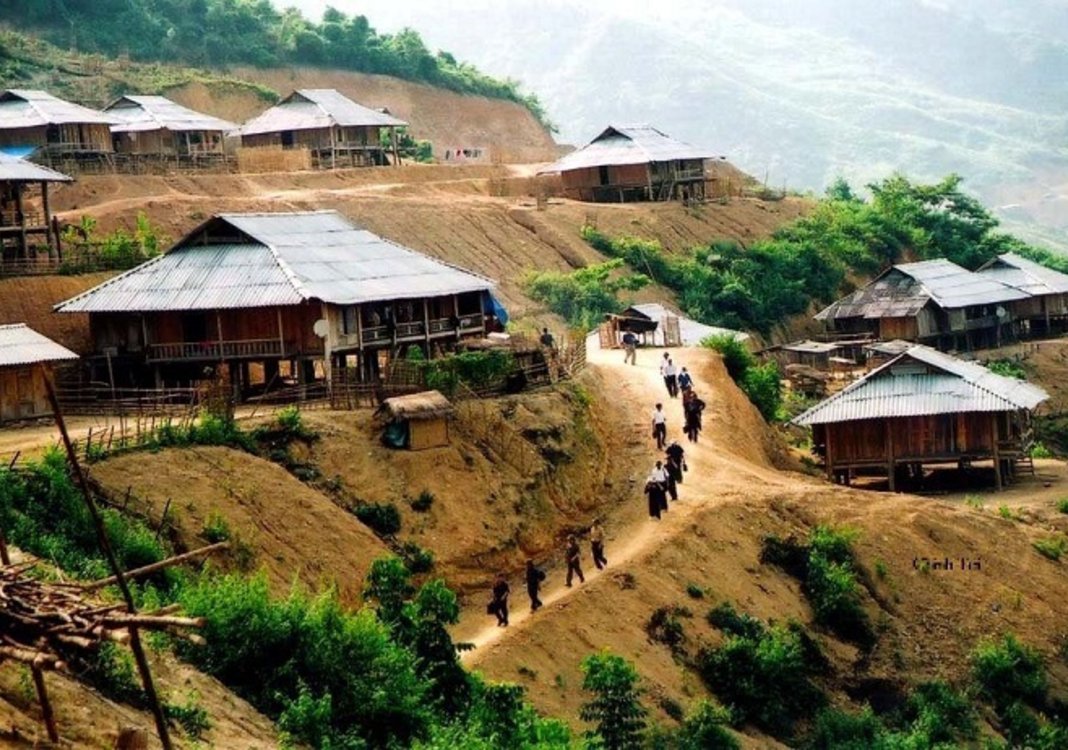HCMC – The Asian Development Bank (ADB) has approved a financing package worth US$60 million to improve the climate resilience of transport and water supply infrastructure for the ethnic minorities of Vietnam.
The financing package for the Climate Resilient Inclusive Infrastructure for Ethnic Minorities Project I comprises US$58 million in regular ADB loans and a US$2 million grant from ADB’s High-Level Technology Fund. In addition, the project will include US$21.73 million in financing from the Government of Vietnam.
The project will be implemented in the south-central coastal provinces of Binh Dinh and Quang Nam, especially in remote upland districts with large ethnic minority communities.
It will upgrade 121.8 kilometers of road using climate-resilient design standards, construct 115 kilometers of water supply pipeline and help provide reliable weather and climate data in a timely, cost-effective manner. About 243,000 people, including 126,300 from ethnic minority groups, are expected to benefit from the project.
“The project aims to improve the living conditions of ethnic minority communities in the remote areas of Vietnam,” said ADB Programs Officer Hong Anh Nguyen.
“It will better link remote rural production sites with markets and processing facilities for crops such as acacia and boost the access of beneficiaries to health, education and market services. The project will also expand access to safe water supply and irrigation.”
According to ADB, Vietnam’s economy grew 7.0% on average from 2016 to 2018, but it slowed to 2.9% in 2020 due to the Covid-19 pandemic.
Significant gaps exist between the economically booming coastal communities and the interior upland areas with a high ethnic minority population. About 87% of the ethnic minority households in Binh Dinh and 55% in Quang Nam are poor or near poor, compared with the provincial poverty rates of 5.5% and 10.3%, respectively.
These areas are challenged by low-quality, fragmented transport and water resource infrastructure. Most of the ethnic minority communities are often isolated during the rainy season, cut off by flooded roads situated in hilly or mountainous terrains.
Less than 60% of households within the project area have access to reliable and safe water supply. Limited access to water and poor sanitation have led to a high incidence of waterborne diseases and poverty.
Moreover, Vietnam faces a high risk of disasters and climate change. The country experiences an estimated annual average loss of US$2.37 billion due to natural hazards, especially floods, with Binh Dinh and Quang Nam provinces among the most affected areas.











